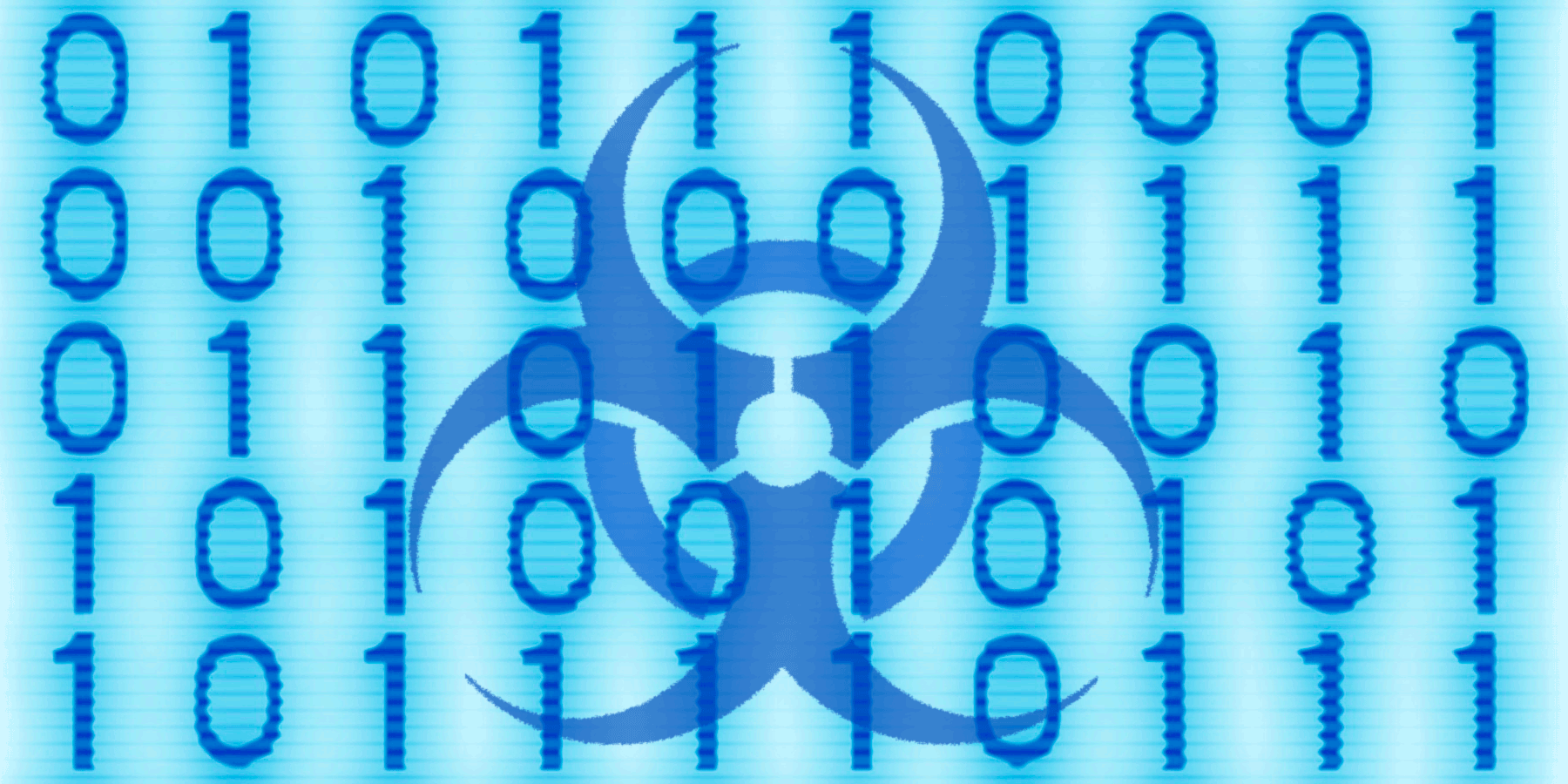Image courtesy of andrew_t8/Pixabay.
This article was originally published by the Council on Foreign Relations (CFR) on 20 July 2020.
Academic progress in cybersecurity studies from a social sciences perspective has been slow. In order to develop as a field, it needs a methodological framework, more developed theories, and collaboration that transcends disciplinary boundaries.





